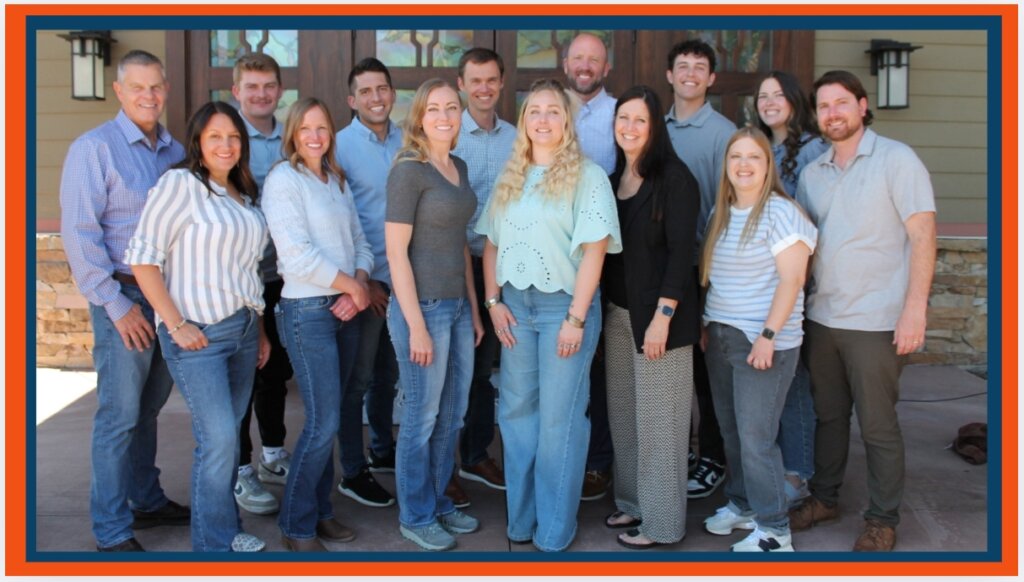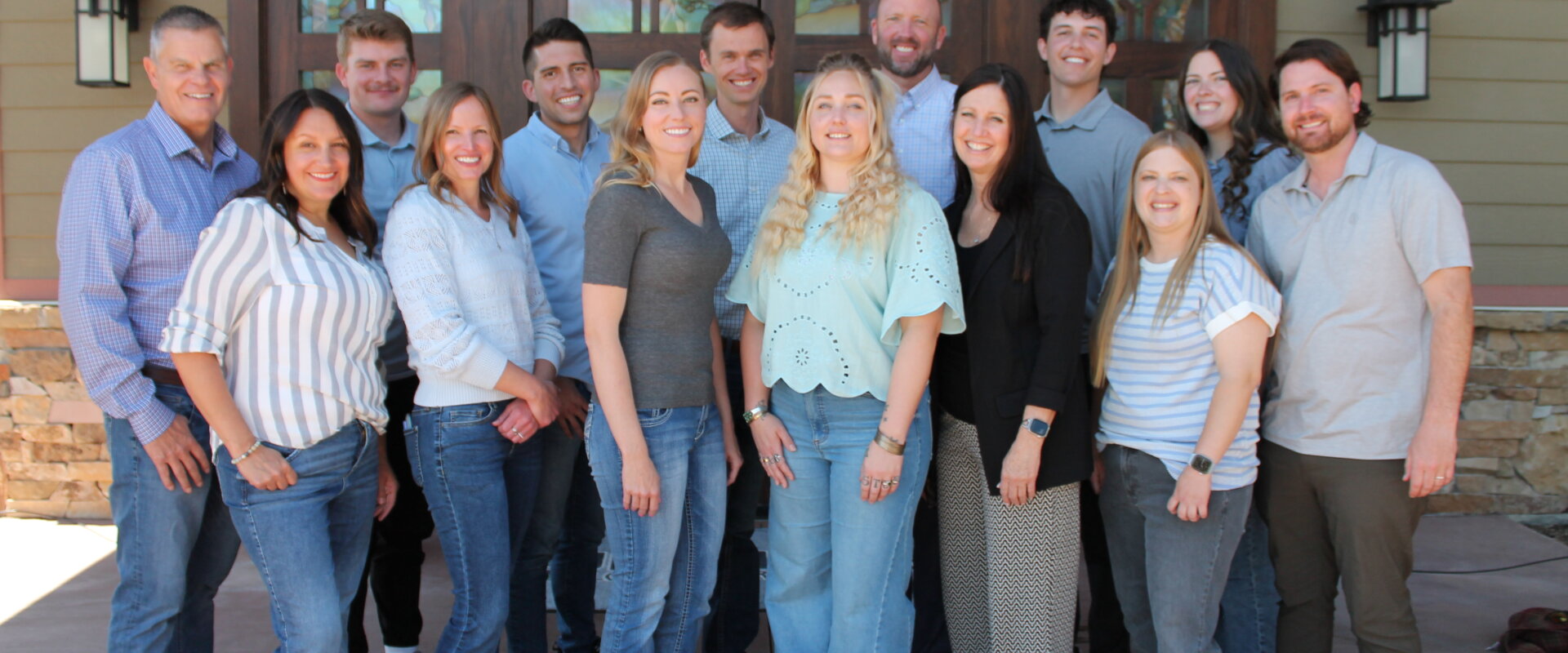
If you’re a homeowner, landlord, or even someone thinking about buying property in Ogden, Salt Lake City, Provo, West Jordan, Sandy, you’ve probably heard about “squatters’ rights.” It’s one of those legal topics that sounds confusing at first but becomes surprisingly important if you ever deal with a vacant house or land. The last thing anyone wants is to lose control over their own property just because someone else moved in without permission.
Let’s take some time to walk through what squatters’ rights really mean, how they work in Utah, and what you can do to protect your property. It’s not as complicated as it seems, and the more you know, the better off you’ll be.
What Are Squatters and Why Should You Care?
A squatter is someone who occupies land or a home without legal permission from the owner. They didn’t rent it, they didn’t buy it, and they don’t have a lease. Maybe they just moved into a vacant house and started living there. In most cases, people assume that property owners can just kick them out immediately, but that’s not always how the law sees it.
In Utah, like many places in the U.S., squatters can sometimes gain legal rights to a property if they live there long enough under specific conditions. This is what’s known as “adverse possession.” Sounds crazy, right? But it’s real, and it’s something that can become a serious issue for property owners, especially if the home or land sits empty for too long.
How Adverse Possession Works in Utah
The concept behind adverse possession is simple: if someone lives on a property for a long time, takes care of it like it’s their own, and the legal owner does nothing about it, the squatter might eventually be able to claim ownership and this is a big but, there are strict rules.
In Utah, for squatters to gain legal rights, their stay must be continuous, open (meaning they’re not hiding), and without the owner’s permission. They usually have to live there for a set number of years, which varies by state. If all of those boxes get checked, the law may allow them to file a claim to take ownership. It doesn’t happen overnight, and not every squatter qualifies, but it can happen.
That’s why it’s so important for owners of vacant homes, rental properties, or inherited houses to stay on top of things.
Why Some Property Owners End Up Losing Control
One of the biggest reasons squatters end up staying in homes for years is that the owners aren’t around. Maybe someone inherited a house in Utah but lives across the country and forgot about it. Or maybe it’s a rental property that’s been sitting empty for months.
When no one’s watching, squatters can quietly move in. They might change the locks. Sometimes, they even start receiving mail there or turning on utilities. Over time, their presence becomes more “official-looking,” and getting them out becomes harder than you’d expect.
Even though the property belongs to someone else, removing a squatter usually isn’t as easy as calling the police. In many cases, you have to go through a formal legal eviction process. And if the squatter has been there long enough, you may even need to prove your ownership in court to stop an adverse possession claim.
Common Signs That Squatters May Be Living in a Vacant Home
In neighborhoods across Utah, you might notice some subtle signs of squatting, especially if a house has been empty for a while. Things like new curtains in the window, a car in the driveway, lights on at night, or someone picking up the mail. These aren’t always bad signs, but if you own the property and you didn’t give anyone permission to live there, it should raise a red flag.
Some squatters try to blend in. Others might claim they were given verbal permission to stay, or even flash a fake lease. That’s why staying informed and acting quickly is key.
How Property Owners in Utah Can Protect Themselves
The good news is, you’re not powerless. There are a few important steps you can take to protect your property. Regularly check in on any vacant homes or land you own. If you can’t be there in person, consider asking a trusted friend or hiring a local property management service. Secure the property with strong locks, alarms, and visible “no trespassing” signs. These simple steps can make a big difference.
Also, make sure you respond quickly to any signs that someone might be living on your property without your consent. If you find a squatter, don’t try to remove them yourself, that can backfire legally. Instead, contact local law enforcement and, if necessary, speak with an attorney about beginning the formal eviction process.
Sometimes, if you’re planning to sell a vacant house quickly, working with an experienced local investor like Fast Home Offer Utah can be a smart option. They often handle tough situations involving inherited homes, problem tenants, or even squatter issues. The process is fast, and it saves you the headache of navigating all that legal red tape alone.
Squatters’ Rights and Real Estate Investors in Utah
For real estate investors, squatters’ rights are more than just a legal concept, they’re a real risk. Whether it’s a distressed property, foreclosure, or vacant rental, these homes are prime targets. That’s why investors often move fast to secure and improve properties. They know time is critical.
Fast Home Offer Utah has helped many property owners in Utah avoid the legal mess that can come with squatters. By acting quickly and staying informed, sellers can protect their investment and move on without stress.
Don’t Wait Until It’s Too Late
Whether you’re living in Utah or managing property from a distance, the key is not letting a vacant home sit ignored. Squatters’ rights may seem like something that only happens in rare cases, but the reality is, they’re more common than most people think, especially in urban or fast-growing areas.
So, if you’ve got a property you’re not actively using, keep an eye on it. Take care of it. And if you ever find yourself dealing with squatters, know that there are legal paths to protect what’s yours. The sooner you act, the better your chances of keeping control.

